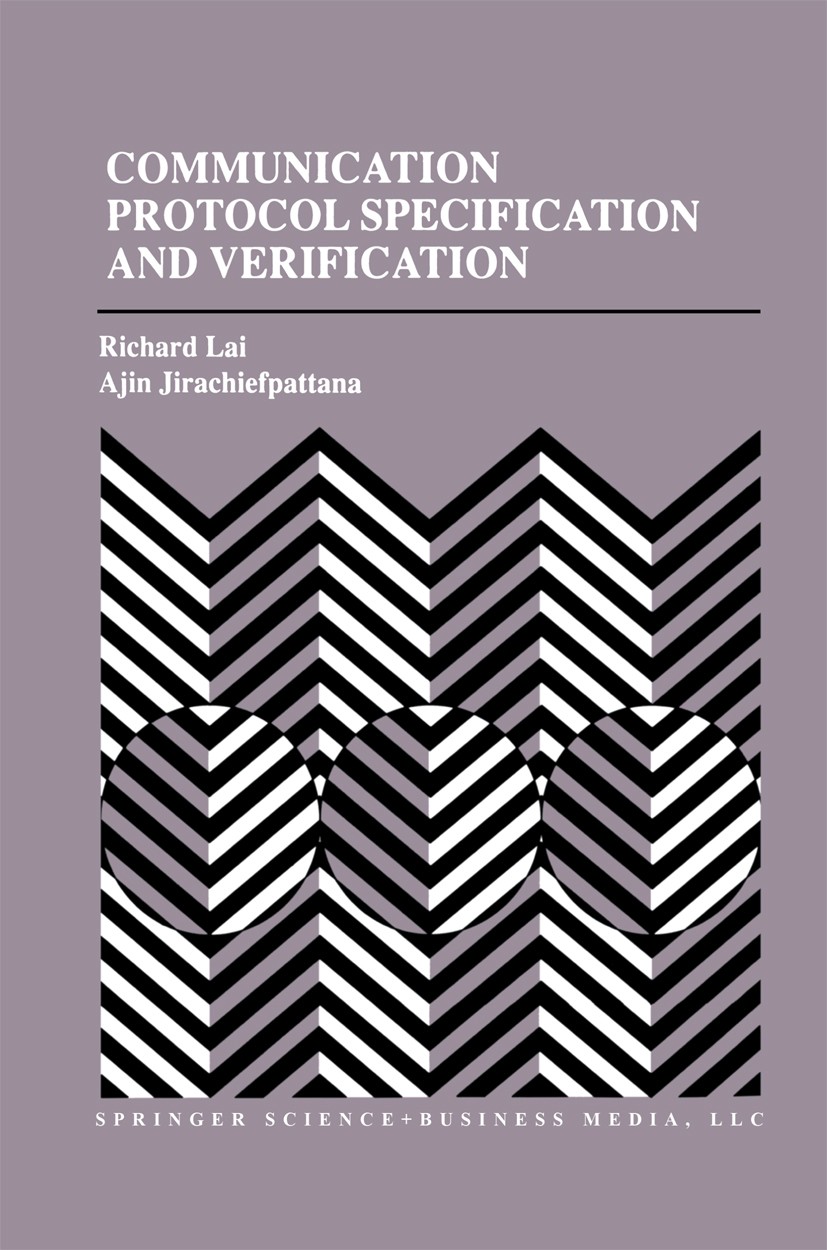| 书目名称 | Communication Protocol Specification and Verification |
| 编辑 | Richard Lai,Ajin Jirachiefpattana |
| 视频video | http://file.papertrans.cn/231/230402/230402.mp4 |
| 丛书名称 | The Springer International Series in Engineering and Computer Science |
| 图书封面 |  |
| 描述 | Communication protocols are rules whereby meaningfulcommunication can be exchanged between different communicatingentities. In general, they are complex and difficult to design andimplement. Specifications of communication protocols written in anatural language (e.g. English) can be unclear or ambiguous, and maybe subject to different interpretations. As a result, independentimplementations of the same protocol may be incompatible. In addition,the complexity of protocols make them very hard to analyze in aninformal way. There is, therefore, a need for precise and unambiguousspecification using some formal languages. .Many protocol implementations used in the field have almost sufferedfrom failures, such as deadlocks. When the conditions in which theprotocols work correctly have been changed, there has been no generalmethod available for determining how they will work under the newconditions. It is necessary for protocol designers to have techniquesand tools to detect errors in the early phase of design, because thelater in the process that a fault is discovered, the greater the costof rectifying it. .Protocol verification is a process of checking whether theinteractions of protocol |
| 出版日期 | Book 1998 |
| 关键词 | OSI; Standard; Standards; communication; complexity; development; modeling; tables |
| 版次 | 1 |
| doi | https://doi.org/10.1007/978-1-4615-5549-0 |
| isbn_softcover | 978-1-4613-7537-1 |
| isbn_ebook | 978-1-4615-5549-0Series ISSN 0893-3405 |
| issn_series | 0893-3405 |
| copyright | Springer Science+Business Media New York 1998 |
 |Archiver|手机版|小黑屋|
派博传思国际
( 京公网安备110108008328)
GMT+8, 2026-1-28 01:32
|Archiver|手机版|小黑屋|
派博传思国际
( 京公网安备110108008328)
GMT+8, 2026-1-28 01:32


